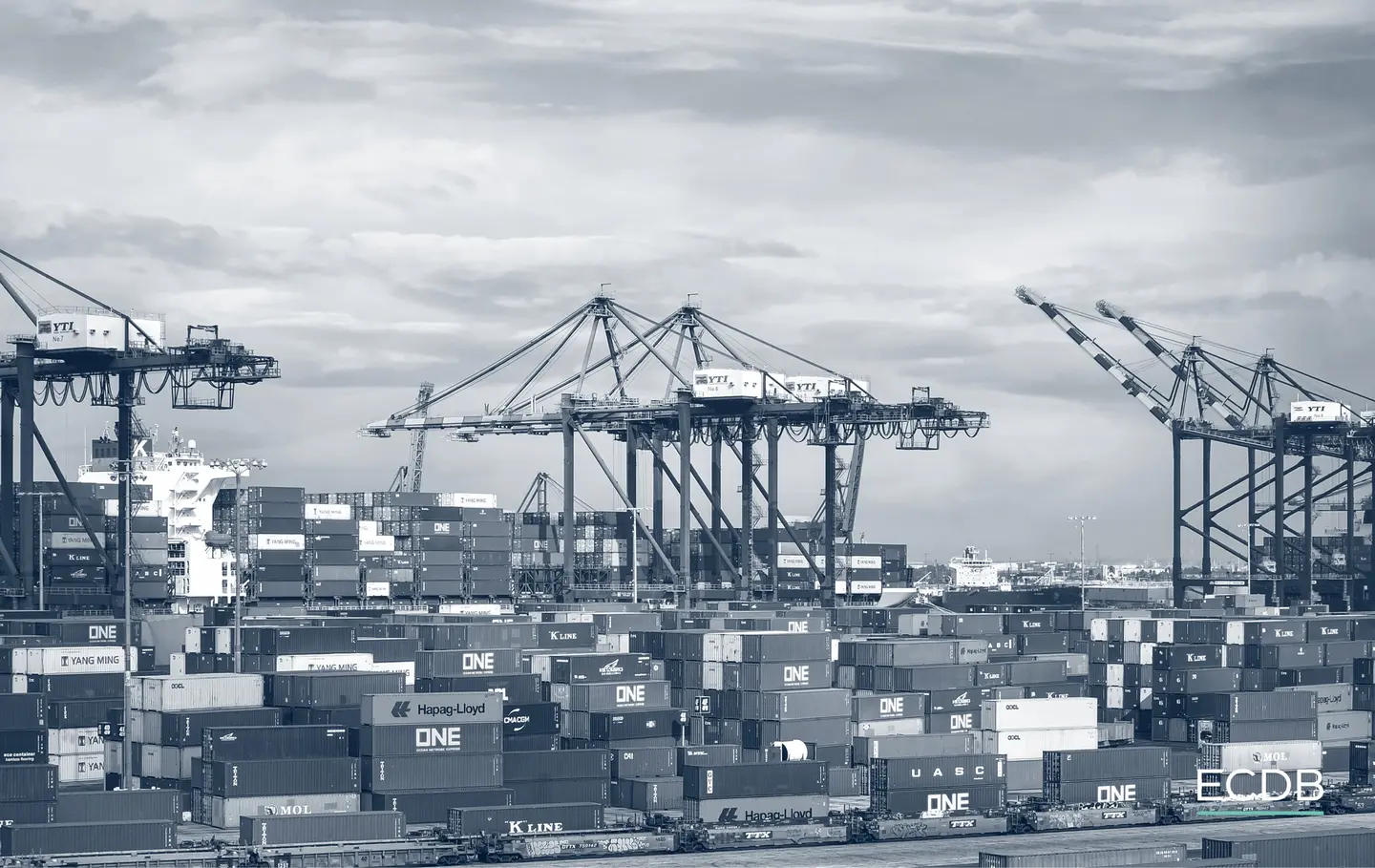Wholesale
Wholesale: Meaning, Types & Pricing
What does wholesale mean in eCommerce? Which factors determine wholesale pricing, and what are the different types of wholesale businesses? Find out.
Buying in bulk often reduces price points. This process, when practiced as a business model, is called wholesale.
In this article, we explain what wholesale stands for, which aspects are important in setting wholesale prices, and the types and benefits of this model.
What is Wholesale?
In eCommerce, wholesale typically refers to a business-to-business (B2B) model where one company purchases goods in enormous quantities at wholesale prices and then resells those products to other businesses.
These businesses, often referred to as wholesalers or brokers, act as intermediaries, connecting suppliers and buyers. They do not usually own wholesale goods but facilitate B2B sales between clients in the online marketplace.
What Is Wholesale Pricing?
Wholesale Pricing refers to the strategy wholesalers use to set the prices at which they sell products to retailers, other businesses, or consumers. Factors that determine wholesale pricing include:
- Raw Material Cost: Wholesalers consider the cost of raw materials, which may include imported goods or components used in product assembly. Keeping material costs low is a priority.
- Labor Costs: Labor costs are associated with assembling or modifying products, often one of the significant expenses for wholesalers. Efficiency in operations is crucial to control these costs.
- Overhead Costs: Overhead costs encompass expenses unrelated to products or labor, such as warehousing, advertising, employee benefits, utilities, and office amenities. Minimizing overhead costs is essential to maintain profitability.
- Shrinkage: Shrinkage accounts for products lost, destroyed, stolen, or damaged. It can significantly impact financial planning, so efforts are made to minimize shrinkage.
- Competitor Pricing: Wholesalers closely consider pricing strategies of competitors. Prices offered to retailers or consumers should align with related products in the market. Setting prices too high may deter retailers from stocking products, while overly low prices may result in lost revenue.
Understanding and effectively managing these factors helps wholesalers set competitive and profitable prices for the goods they offer, contributing to their success in the market.
What Are the Types of Wholesale Businesses?
There are three primary types of wholesale businesses:
- Merchant Wholesalers: These are the most common type of wholesalers. Merchant wholesalers purchase products in massive quantities and then break them down into smaller quantities for resale at a slightly higher price. They do not manufacture the products themselves, but they have a deep understanding of various products, enabling them to time their sales to retail businesses in different industries strategically.
- Brokers: Brokers serve as intermediaries between wholesale operators and their clients. They usually do not own the products they are selling. Instead, brokers negotiate deals between the two parties and work on a sales commission basis.
- Sales and Distribution: In this approach, manufacturers actively seek wholesale businesses to represent their products. Instead of waiting for wholesalers to discover their products, manufacturers take the initiative to reach out to wholesale operators directly. This results in customized wholesale deals tailored to individual cases.
These three types of wholesale businesses cater to different needs and market dynamics, making the wholesale environment diverse and adaptable to various business models.
What Are the Benefits of Wholesale?
- Save Money: Purchasing products in bulk enables you to benefit from cost-saving discounts associated with larger orders. This allows you to acquire products at a lower cost while selling them at a profit. The more you invest initially, the greater your competitive advantage through high-volume buying and selling.
- Build a Network of Suppliers: Successful wholesale operations require strong, dependable relationships with suppliers and manufacturers. Timely deliveries and high-quality products are essential to maintain a smoothly running business. Building and maintaining positive supplier relationships is crucial to establish a sustainable brand.
- Become an Expert: The process of researching and selling products makes you an expert in your chosen field. Whether you are dealing in computer parts, kitchen supplies, or animal food, you gain in-depth knowledge of your industry, which instills trust in your customers. Use this expertise to attract more visitors to your online store and offer valuable information that helps customers make informed purchases.
- Expand with Ease: As you establish a solid presence in your industry, you will naturally discover connections with other markets. These connections may present upselling or cross-selling opportunities that can propel your business to even greater success. The ease of expansion is a result of your brand establishment and strong relationships with product suppliers in the wholesale market, simplifying the process of venturing into new markets.
Wholesale vs. Dropshipping
Wholesale and dropshipping are two distinctive approaches to eCommerce, each with its own set of advantages. The primary contrast lies in how they manage product inventory and order fulfillment.
Wholesale involves buying products in bulk and keeping them in your inventory. You assume responsibility for storing, managing, and delivering these products to customers. It is a suitable choice if you have the capital to invest upfront, prefer more control over your product offerings, and are willing to manage logistics.
On the other hand, dropshipping allows you to operate without the burden of inventory. When a customer places an order, you transfer it to a wholesale partner who handles shipping and inventory management. This model is ideal for those with limited startup capital and a desire for a more hands-off approach. However, it comes with less control over product selection.
Choosing between wholesale and dropshipping depends on your financial resources, inventory management preferences, and business strategy. Both can be successful, but understanding their distinctions is vital for making the right decision for your eCommerce venture.
Wholesale: Key Takeaways
- Wholesale in eCommerce involves the purchase of goods in bulk for resale to other businesses, acting as intermediaries between suppliers and buyers in B2B transactions.
- Wholesale pricing factors include raw material cost, labor cost, overhead costs, shrinkage, and competitor pricing, which need to be effectively managed to set competitive and profitable prices.
- Benefits of wholesale include cost savings, strong supplier relationships, niche expertise, and ease of expanding into new markets.
Glossary entries with W
Back to





